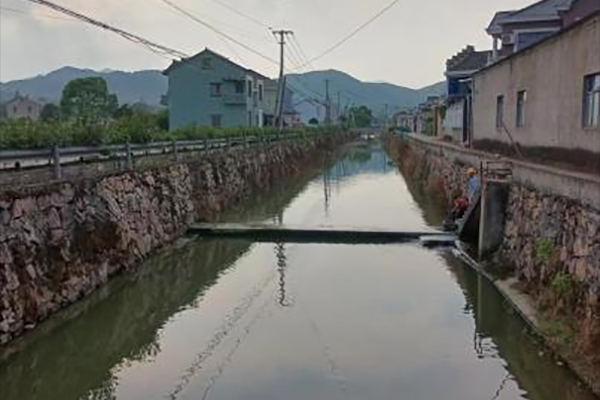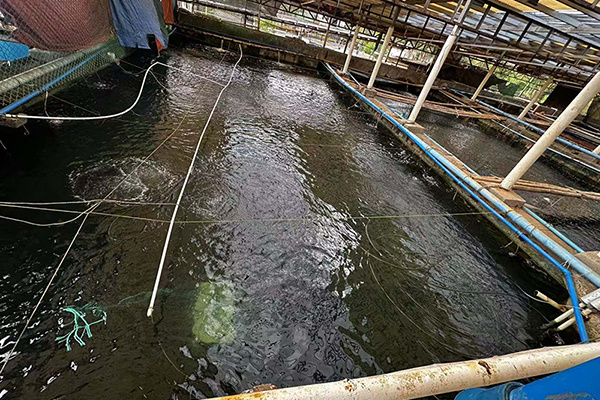Learning by doing: a case study of river governance
River training is a complex project that needs to take into account numerous natural, human and economic factors. In order to effectively manage a river, it is necessary to learn from practice and to analyze specific local conditions. This paper will explore the importance of learning from practice through a river governance case study.
The river in this case study is located in a region of China, which used to suffer from serious water pollution and ecological damage, bringing great harm to the local ecological environment and the health of the residents. In order to treat this river, the government, enterprises and community residents worked together to carry out a series of river management actions.
First, the government has strengthened the leadership and organization of river management. The government has set up a river governance leadership group to coordinate river governance actions, formulate governance programs and work plans, and strengthen the supervision and management of governance actions. In addition, the government has strengthened the legal and policy safeguards for river governance and established a series of river governance regulations and standards to facilitate the smooth progress of river governance.
Secondly, enterprises have strengthened their awareness of environmental protection and responsibility. The success of the river governance action needs the support and cooperation of enterprises, which need to strengthen their awareness of environmental protection and responsibility and actively participate in the river governance action. In this river training operation, enterprises actively modified and upgraded their production equipment, reduced the amount of sewage, and adopted more environmentally friendly production methods, which effectively improved the local ecological environment.
Finally, community residents actively participated in the river training program. Community residents are the direct beneficiaries and implementers of river training actions, and need to actively participate in river training actions and play their own strengths and roles. In this river governance action, community residents set up a team of environmental protection volunteers to actively participate in river cleaning, tree planting and other actions, and also strengthen the supervision and reporting of river pollution behavior.
Through this river governance case study, we can see that learning from practice is one of the important aspects of river governance. Only through in-depth practice and specific analysis of the local situation can we develop a scientific and reasonable river governance program to ensure the effectiveness and sustainability of governance actions.





